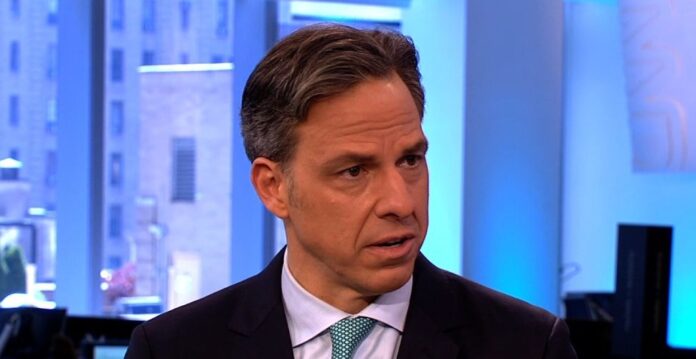In a high-profile lawsuit, a Florida judge ruled that U.S. Navy veteran Zachary Young “did not act illegally or criminally,” refuting allegations made by CNN in a segment aired in 2021. The lawsuit centers on claims that the network’s reporting defamed Young and damaged his security consulting business, Nemex Enterprises Inc., by portraying him as an unscrupulous profiteer during the chaotic withdrawal of U.S. forces from Afghanistan.
The dispute stems from a broadcast on CNN’s “The Lead with Jake Tapper,” which suggested that Young’s company took advantage of desperate Afghans by charging exorbitant fees to evacuate them from the country. During the segment, correspondent Alex Marquardt described Afghans facing a “black market full of promises, demands of exorbitant fees, and no guarantee of safety.” CNN referenced Young by name, showed his photo, and accused Nemex of charging as much as $75,000 to evacuate passengers, with an additional $14,500 per person to reach the United Arab Emirates. The story implied that these prices were far beyond the reach of most Afghans and labeled such actions exploitative.
Young maintains that CNN’s portrayal severely harmed both his reputation and business. He asserts that the network falsely linked him to illegal profiteering, insinuating that his company operated on a “black market.” According to Young, CNN’s narrative painted him as preying on people desperate to escape Afghanistan, a depiction he claims was both inaccurate and defamatory.
Court documents show Judge William S. Henry agreed with Young, stating that the CNN segment wrongly implied criminal activity. Judge Henry emphasized that CNN’s reporting was not backed by evidence of illegal actions. The judge went further, rejecting CNN’s legal defense, which invoked Taliban or Sharia law to suggest that Young’s actions might have been unlawful. “To the extent that Defendants argue Taliban or Sharia law may have been violated, this is a bridge too far,” Henry wrote.
The ruling highlighted that no formal Taliban travel restrictions had been adopted at the time of Young’s operations. The judge clarified, “The only information contained in the record suggests that formal adoption of any rules restricting travel… did not occur until 2024.” This made it clear that the evacuation efforts, including Young’s, were not governed by any recognized legal framework at the time CNN aired the report.
Judge Henry also noted that CNN failed to demonstrate that Young engaged in black-market activities. “Defendant’s corporate representative acknowledged that Defendant’s reporting did not uncover illegal or criminal activity committed by Young,” the judge wrote. With this admission, the judge ruled that Young’s actions were not criminal, undermining the network’s portrayal.
However, the court left open the possibility of further debate on whether the use of the term “black market” specifically implicated Young. While Young was the only named individual in the segment, CNN vaguely alluded to other providers of evacuation services, which the judge said creates ambiguity about whether the report directly accused Young of black-market operations.
A civil trial for the case is set to begin on January 6, 2025, in the Circuit Court for Bay County, Florida. The outcome could have significant implications for media accountability, particularly regarding reporting on sensitive topics like the Afghanistan withdrawal. For Young, it’s a chance to reclaim his reputation and hold CNN accountable for what he describes as damaging and inaccurate reporting.


